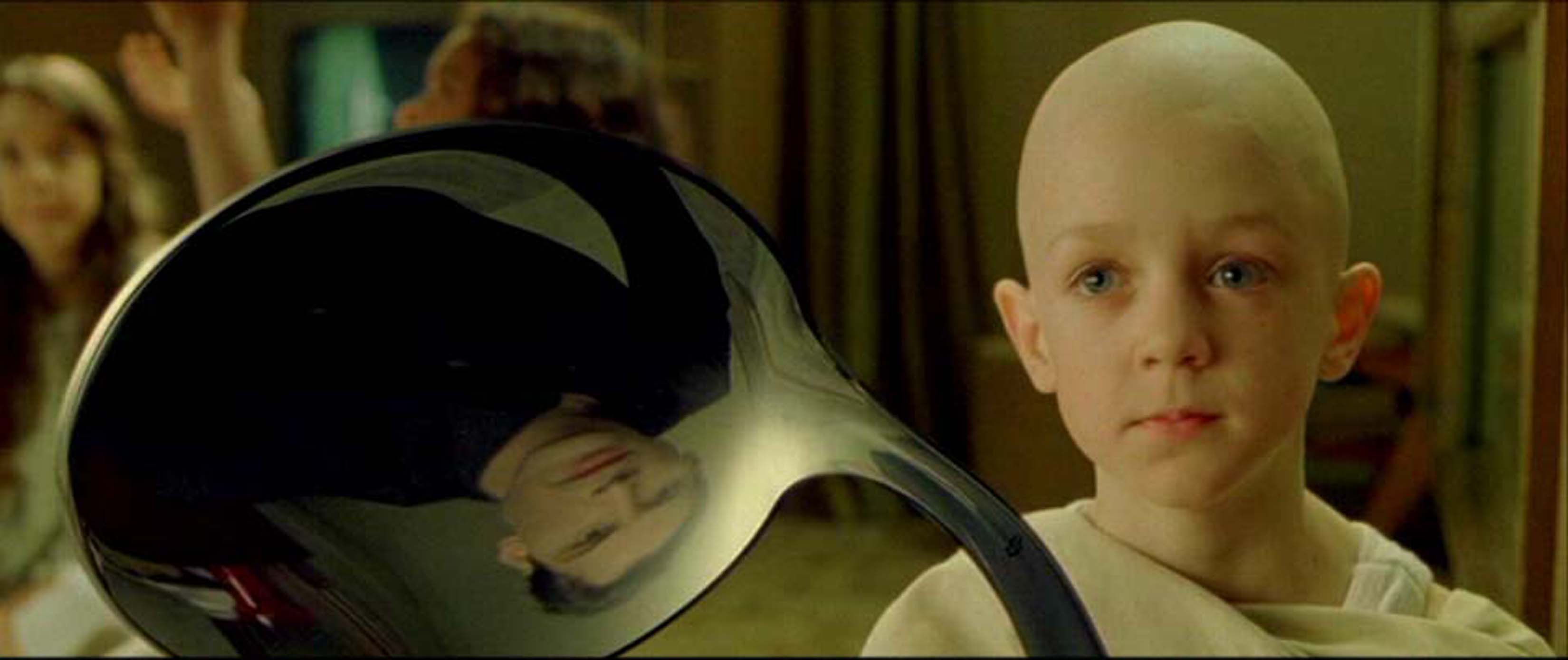I'm just going to assume that readers have all read part 1 of this series: What is Actual Culturalism? I'm tackling the idea of "culturalism" - which The Korean discussed, but has also been discussed by others in social sciences and policy discussions for a while. This comment points out that it isn't really taught as a method or framework in anthropology. Which is good to know. Thanks, commenter Nora!
So what are some other concepts related to culturalism?
Last post, we talked about Culturalism and Multiculturalism as it plays into policy discussions - particularly in Europe. Here in Kblogland, most people talking about culturalism are going on The Korean's definition, which mostly resembles the one used in Europe, but applying it to the area of cultural engagement rather than public policy. He defines it these two ways:
Culturalism as The Korean defines it is bits of the four above in one, intellectually sloppy modge-podge, with a little ecological fallacy thrown in for flavor. And I say "intellectually sloppy" because people over-using culture to explain things are being sloppy, not because The Korean has been sloppy in describing it.
Meanwhile, commenter Dylan suggests we read more about Communitarianism -- which is another concept used by human rights scholars in discussing the ways people organize into communities.
So what are some other concepts related to culturalism?
Last post, we talked about Culturalism and Multiculturalism as it plays into policy discussions - particularly in Europe. Here in Kblogland, most people talking about culturalism are going on The Korean's definition, which mostly resembles the one used in Europe, but applying it to the area of cultural engagement rather than public policy. He defines it these two ways:
Culturalism is the unwarranted impulse to explain people's behavior with a "cultural difference", whether real or imagined. Because the culturalist impulse always attempts to explain more with culture than warranted, the "cultural difference" used in a cultural explanation is more often imagined than real. (source)and as
...the impulse to explain minority people's behavior with a "cultural difference", real or imagined. (source)Along those lines, here are some other rhetorical and philosophical concepts that The Korean and others might find useful in discussing "Culturalism". Rather than long descriptions here, I strongly encourage you to read the explanations I link. I also glossed over this in my previous post, "problems with citing culture"
- Fundamental Attribution Error - we tend to over-emphasize internal causes, and under-emphasize external (systemic or sometimes even random) causes of a phenomenon.
- Cultural Determinism - we tend to believe that culture determines our behavior...probably more than it actually does.
- Essentialism - we tend to think that there are certain traits that are fixed and unchangeable for certain groups - "Women are all like this" "Koreans are all this way" "White men all do this"
- Orientalism - a type of essentialism that focuses on other groups and cultures. When we look at certain cultures, we tend to make them out to be so different from us that we could never understand them (implied: so we may as well not try) - they will always be exotic, strange, and inscrutable to "us." Any time somebody uses the word "exotic," watch for this attitude.
Culturalism as The Korean defines it is bits of the four above in one, intellectually sloppy modge-podge, with a little ecological fallacy thrown in for flavor. And I say "intellectually sloppy" because people over-using culture to explain things are being sloppy, not because The Korean has been sloppy in describing it.
Meanwhile, commenter Dylan suggests we read more about Communitarianism -- which is another concept used by human rights scholars in discussing the ways people organize into communities.
So, is culturalism racism?
Not necessarily.
For one, racism has been discredited - the variety within members of each racial group is so great, that the variety from one racial group to another fades to insignificance. And we've all heard racism deniers tell us that "race is a social construct, therefore it doesn't exist"... As if social constructs don't exist. But society is also a social construct, so as people living in societies, we still have to talk about race sometimes.
Culture has the benefit of being recognized by everyone as a social construct from the get-go, so at least we don't have deniers herp-derping that it does not exist because humans made it up (unlike all the other things humans made up, that DO exist, like the language they're using to make that argument). Anyone who's agreed to talk about culture has already agreed to talk about social constructs, so that's at least nice.
And race is hardware -- your pigment and bone structure are in your dna, and unchangeable, but culture is software - programmed patterns of behavior which can be changed. Culture is changing all the time. That's a crucial difference.
Strictly speaking then, culturalism isn't the same as racism.
However, if you take a person in the habit of lazy or sloppy thinking, and give them a phenomenon they don't understand, the same sloppiness that might have caused their 1955 self to explain it with race, might today cause them to explain it with culture.
Racism has been discredited, but while intellectual laziness is still in style, even most bigots generally realize you're not "supposed" to be openly racist anymore. So culturalism isn't the same as racism, but they are used in the same way by lazy thinkers and bigots. They are born of the same desire to generalize about those who are different, both are worsened by the same lack of curiosity and unwillingness to admit the variety and humanity of others, and both lead to the same kinds of sweeping and ignorant statements. And those are ample grounds for The Korean to call culturalism "racism of the 21st century"
So is culture off the table entirely?
No. Because it's human made, and learned, culture is changeable, and changing all the time. This means that, as long as we discuss it in terms that don't overestimate its usefulness as an analytical tool (which is easy to do), yeah, it's fair game for discussion, but even kept in perspective, it's still easy to get it wrong when talking about culture, because when talking about culture, you're also talking about the way a bunch of people live, and those people deserve to be approached with respect, and in a way that recognizes their humanity, intelligence, free will, and so forth. And there are lots of ways to talk about culture that does not do those things. Be respectful, and don't be a dick.
Beep boop beep boop! Why am I not surprised the politically correct police have shown up to stop me from expressing my free speech?
OK. I'm going to write a whole extra unplanned post in this series to talk about this, because the more I think about it, the weirder it is to me that somehow political correctness has been framed as a bad thing... so if you're champing at the bit to start arguing about that, kindly hold your horses and save it for the comments under a future post.
Coming up next at Roboseyo: some ways to talk about culture without coming across as a shit. Stay tuned!
Not necessarily.
For one, racism has been discredited - the variety within members of each racial group is so great, that the variety from one racial group to another fades to insignificance. And we've all heard racism deniers tell us that "race is a social construct, therefore it doesn't exist"... As if social constructs don't exist. But society is also a social construct, so as people living in societies, we still have to talk about race sometimes.
 |
| Abstraction confuses me. |
And race is hardware -- your pigment and bone structure are in your dna, and unchangeable, but culture is software - programmed patterns of behavior which can be changed. Culture is changing all the time. That's a crucial difference.
Strictly speaking then, culturalism isn't the same as racism.
 |
| Lemme tell you 'bout race, butthead... |
| It's all about culture, butthead! |
So is culture off the table entirely?
No. Because it's human made, and learned, culture is changeable, and changing all the time. This means that, as long as we discuss it in terms that don't overestimate its usefulness as an analytical tool (which is easy to do), yeah, it's fair game for discussion, but even kept in perspective, it's still easy to get it wrong when talking about culture, because when talking about culture, you're also talking about the way a bunch of people live, and those people deserve to be approached with respect, and in a way that recognizes their humanity, intelligence, free will, and so forth. And there are lots of ways to talk about culture that does not do those things. Be respectful, and don't be a dick.
Beep boop beep boop! Why am I not surprised the politically correct police have shown up to stop me from expressing my free speech?
OK. I'm going to write a whole extra unplanned post in this series to talk about this, because the more I think about it, the weirder it is to me that somehow political correctness has been framed as a bad thing... so if you're champing at the bit to start arguing about that, kindly hold your horses and save it for the comments under a future post.
Coming up next at Roboseyo: some ways to talk about culture without coming across as a shit. Stay tuned!
